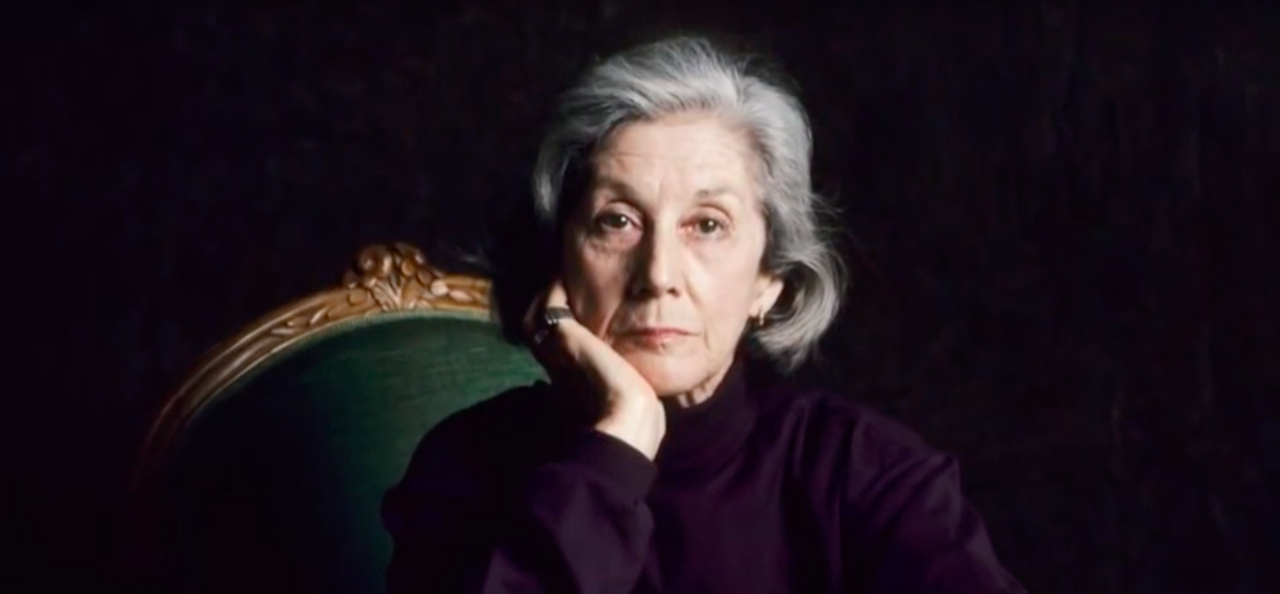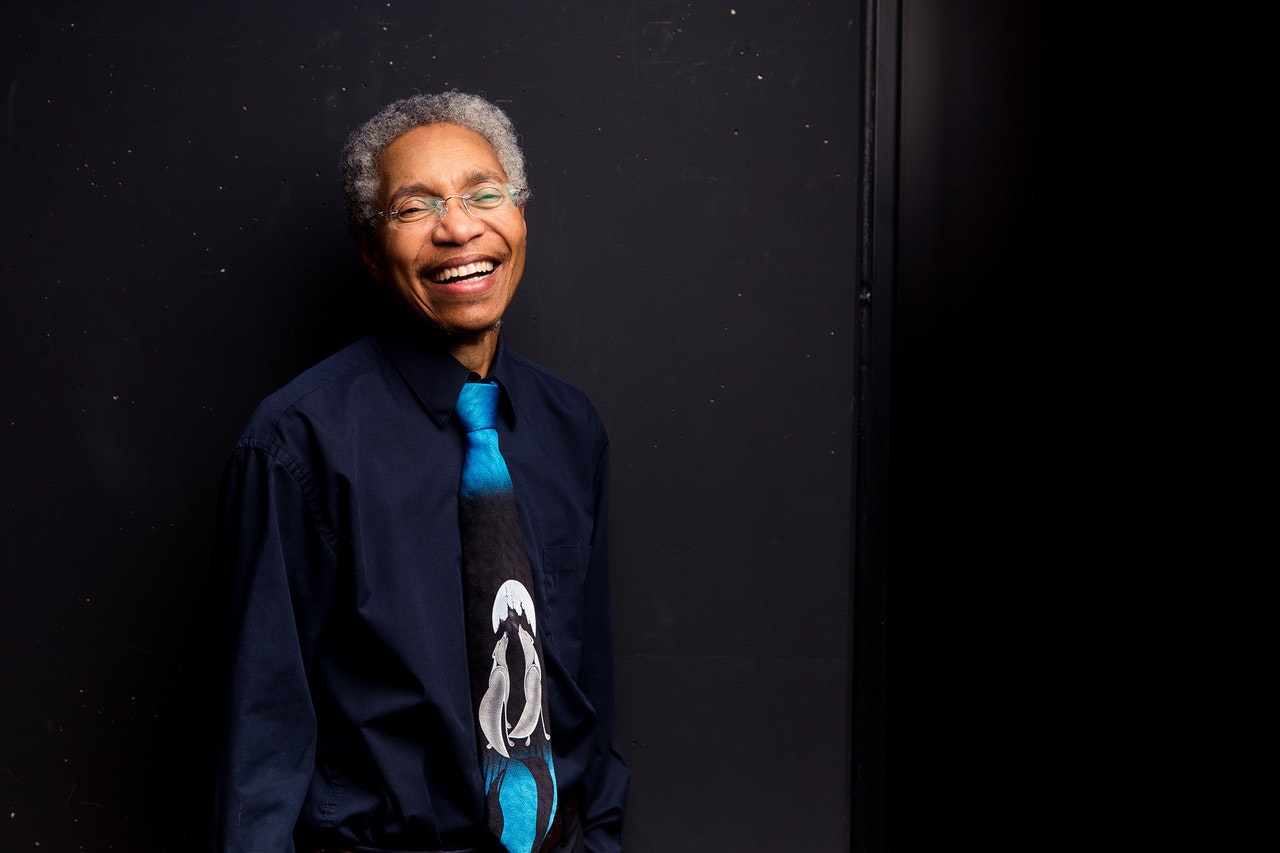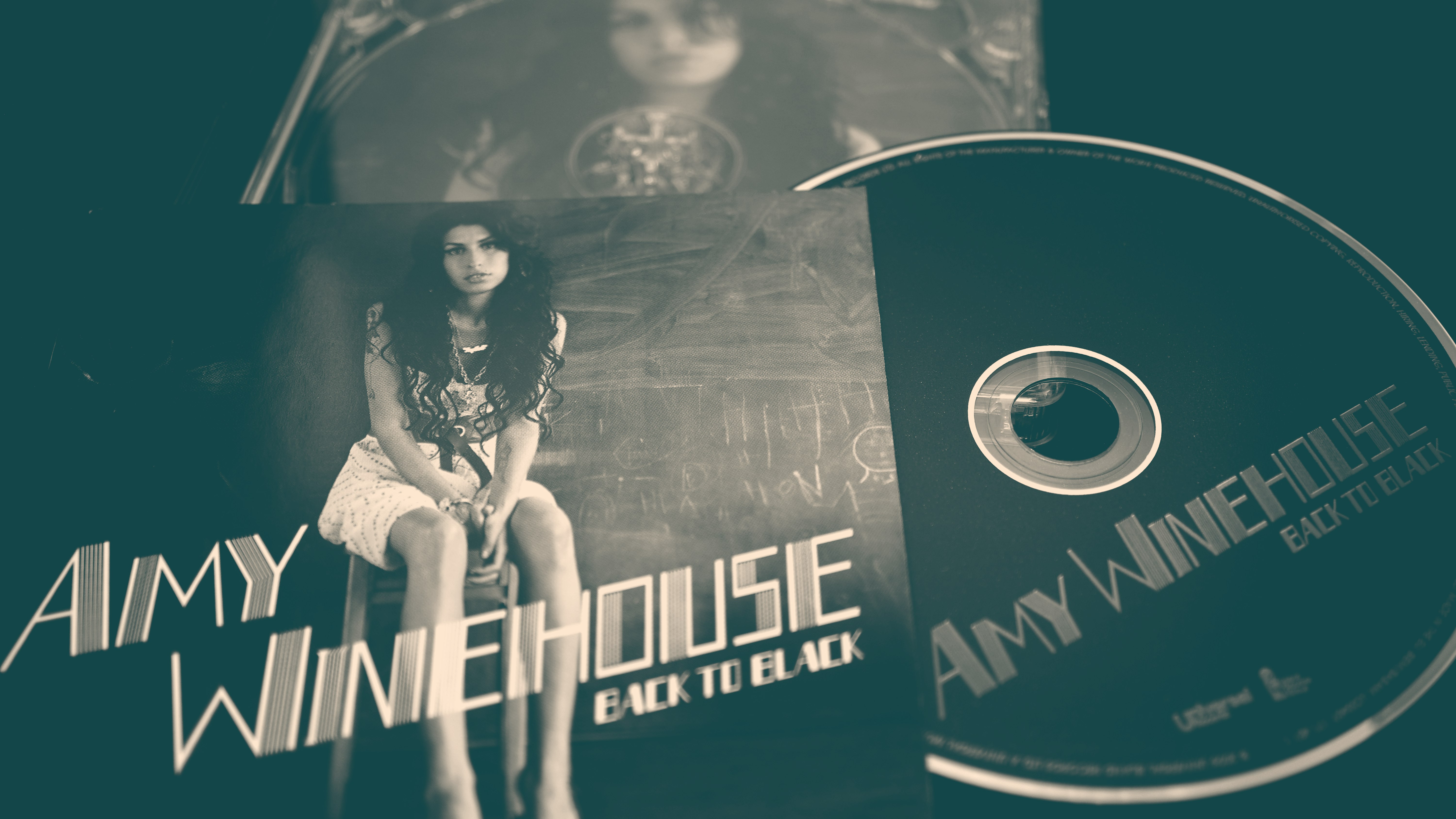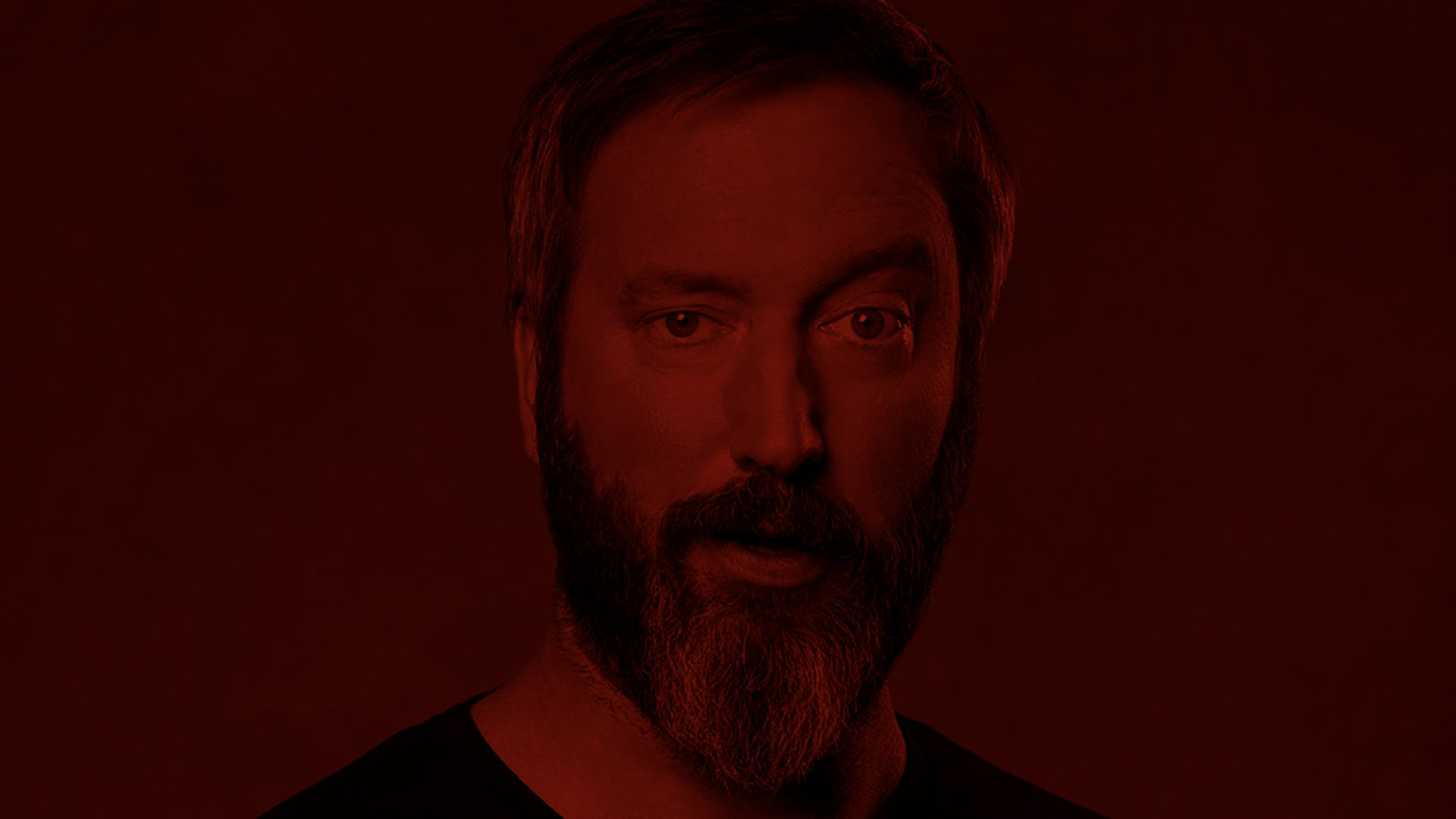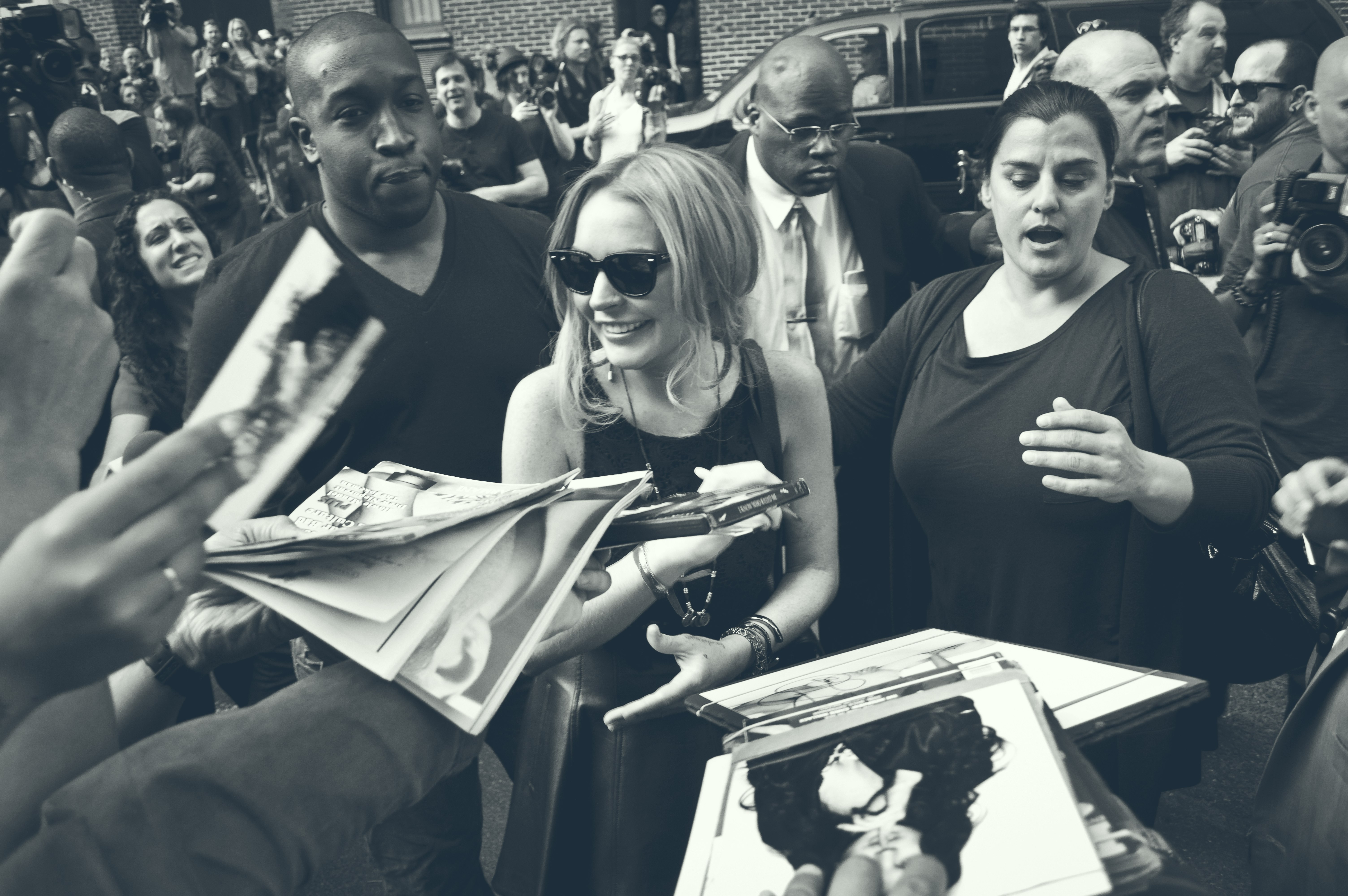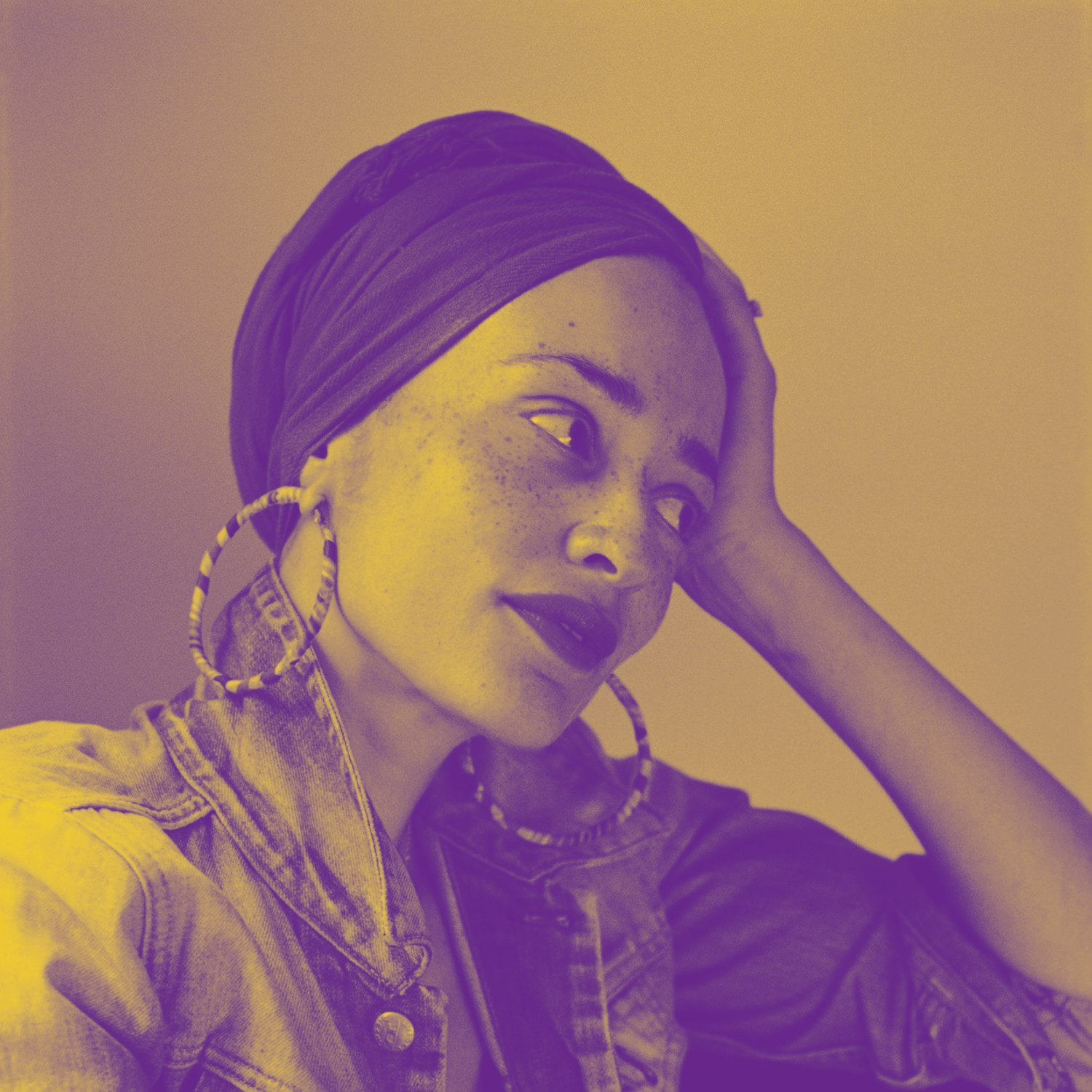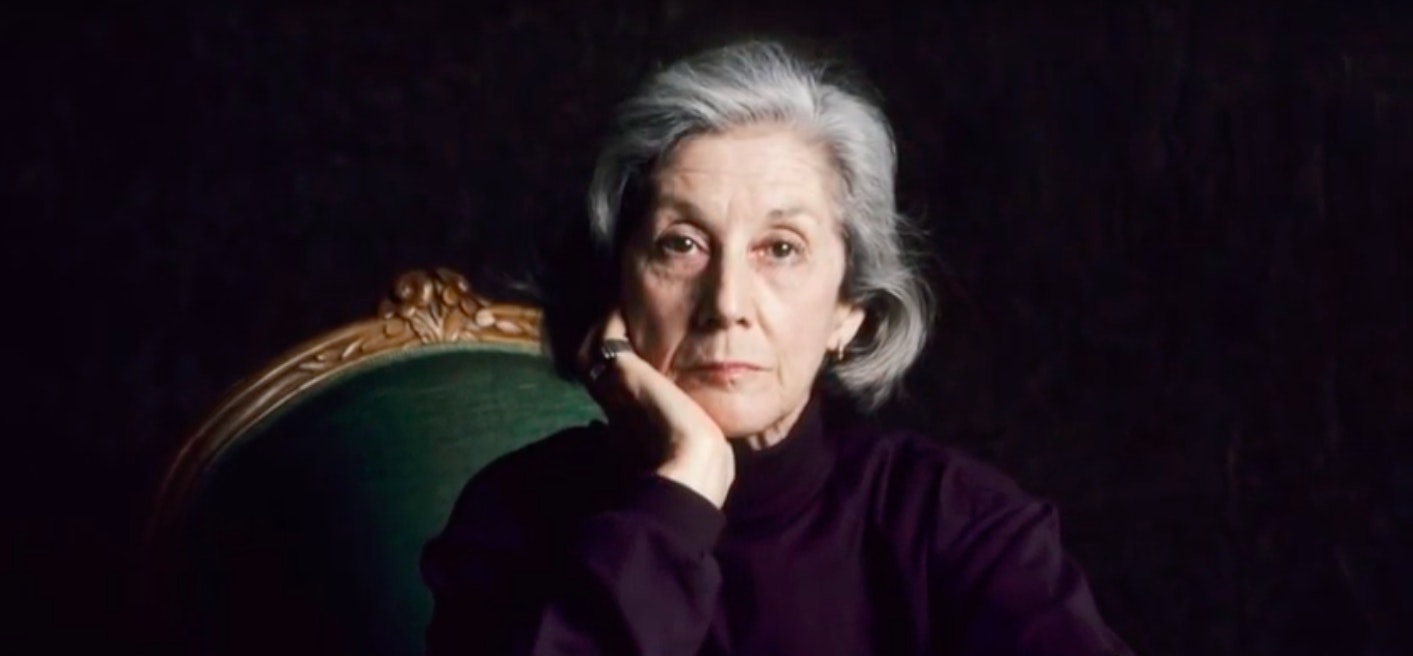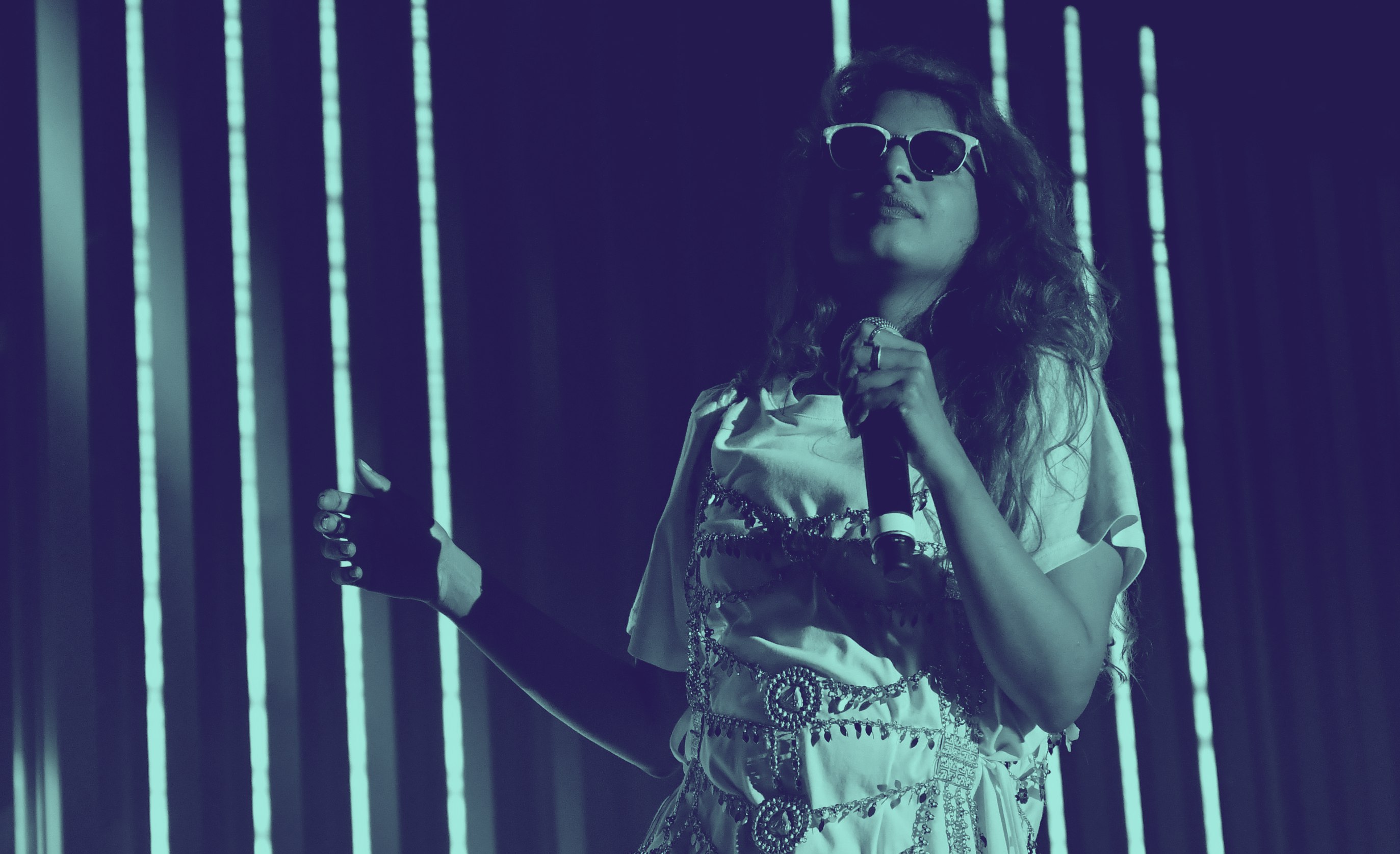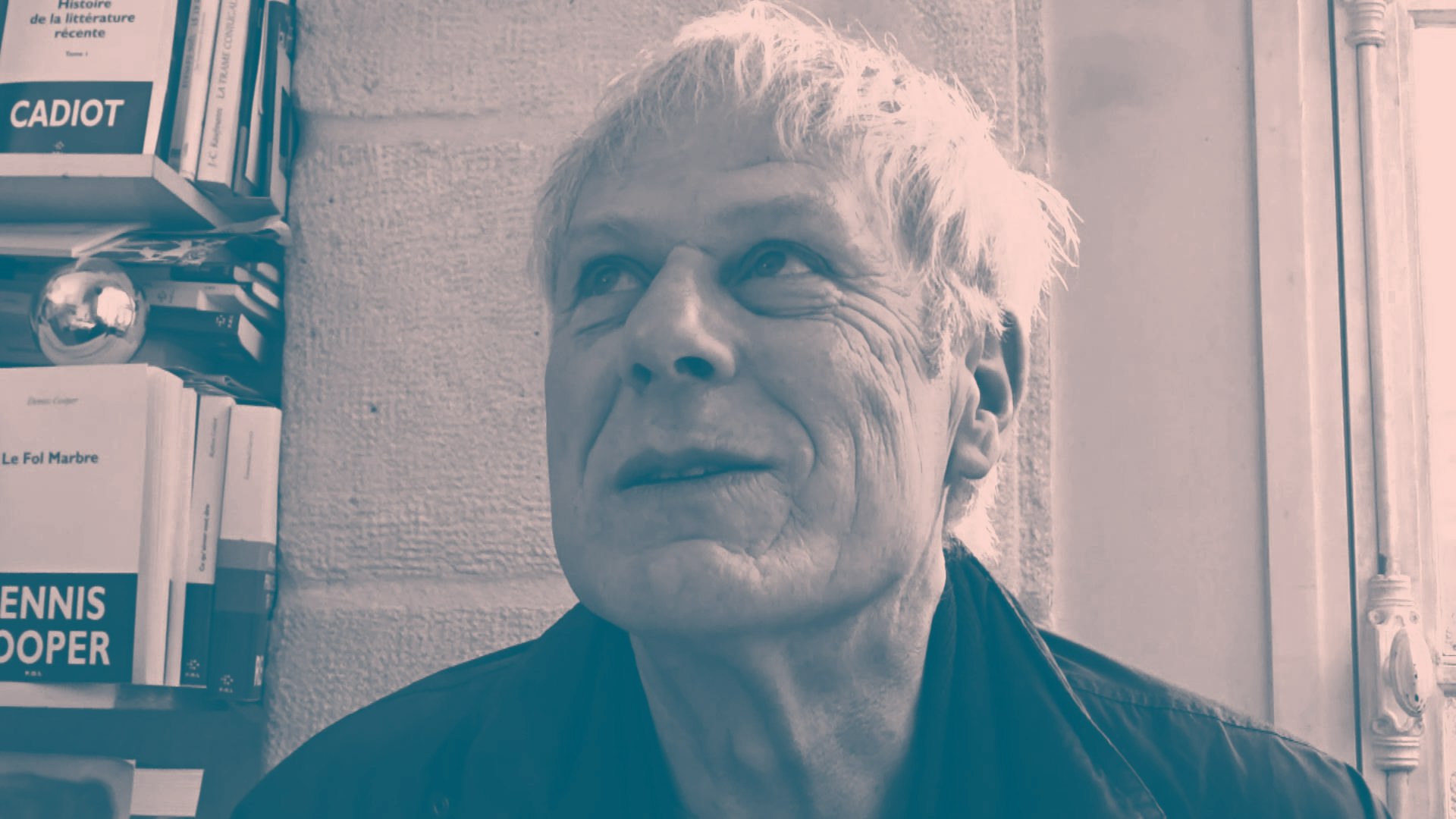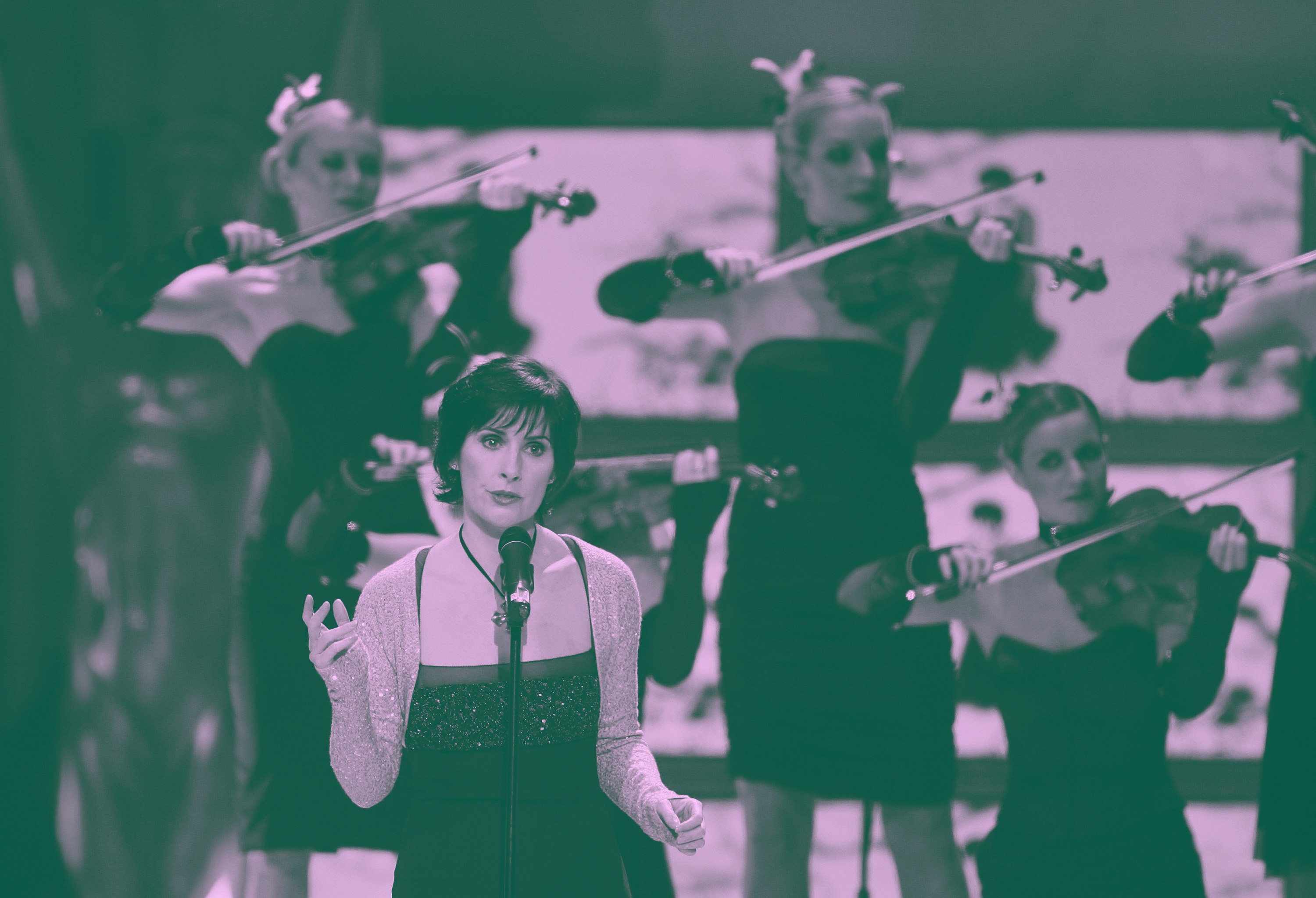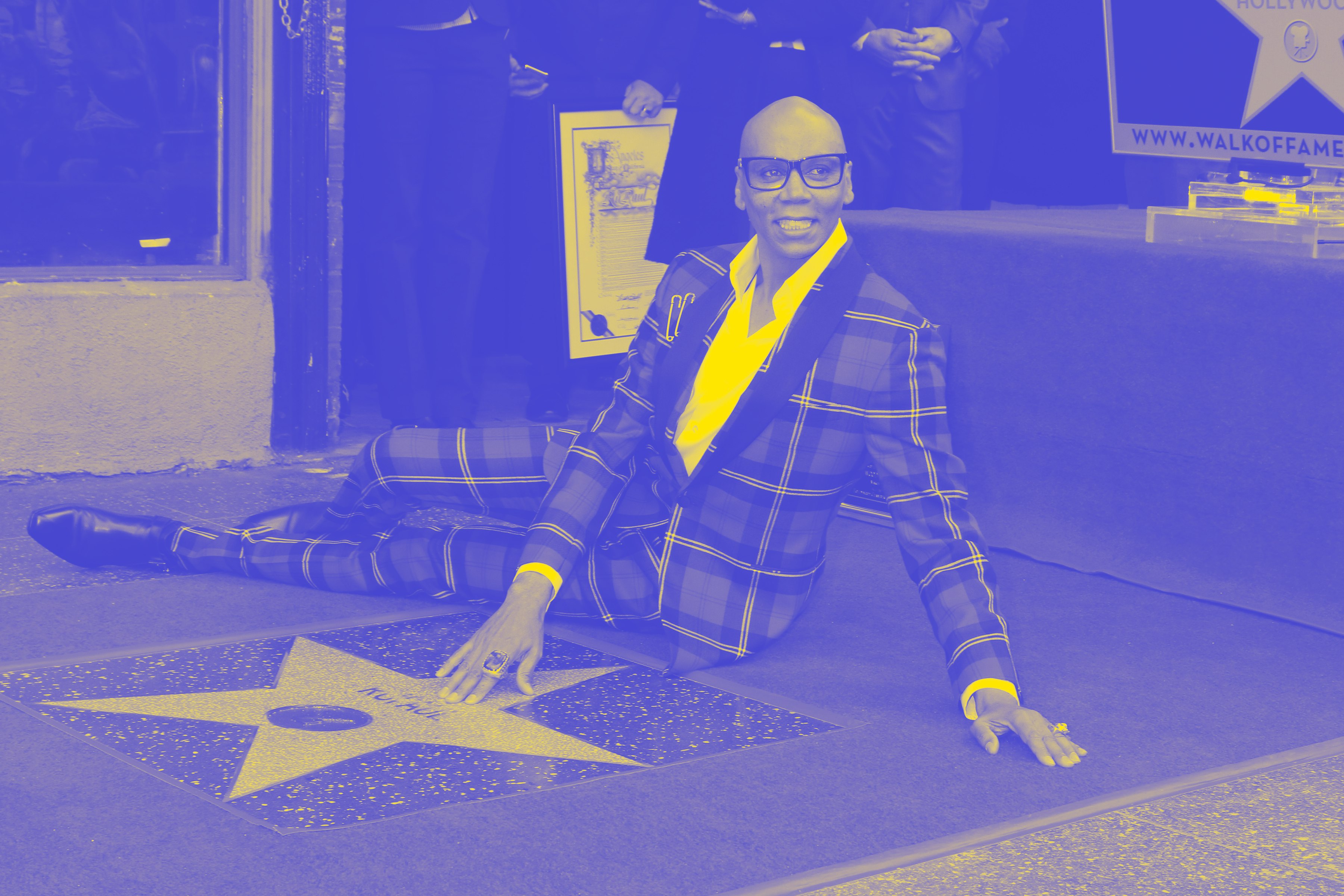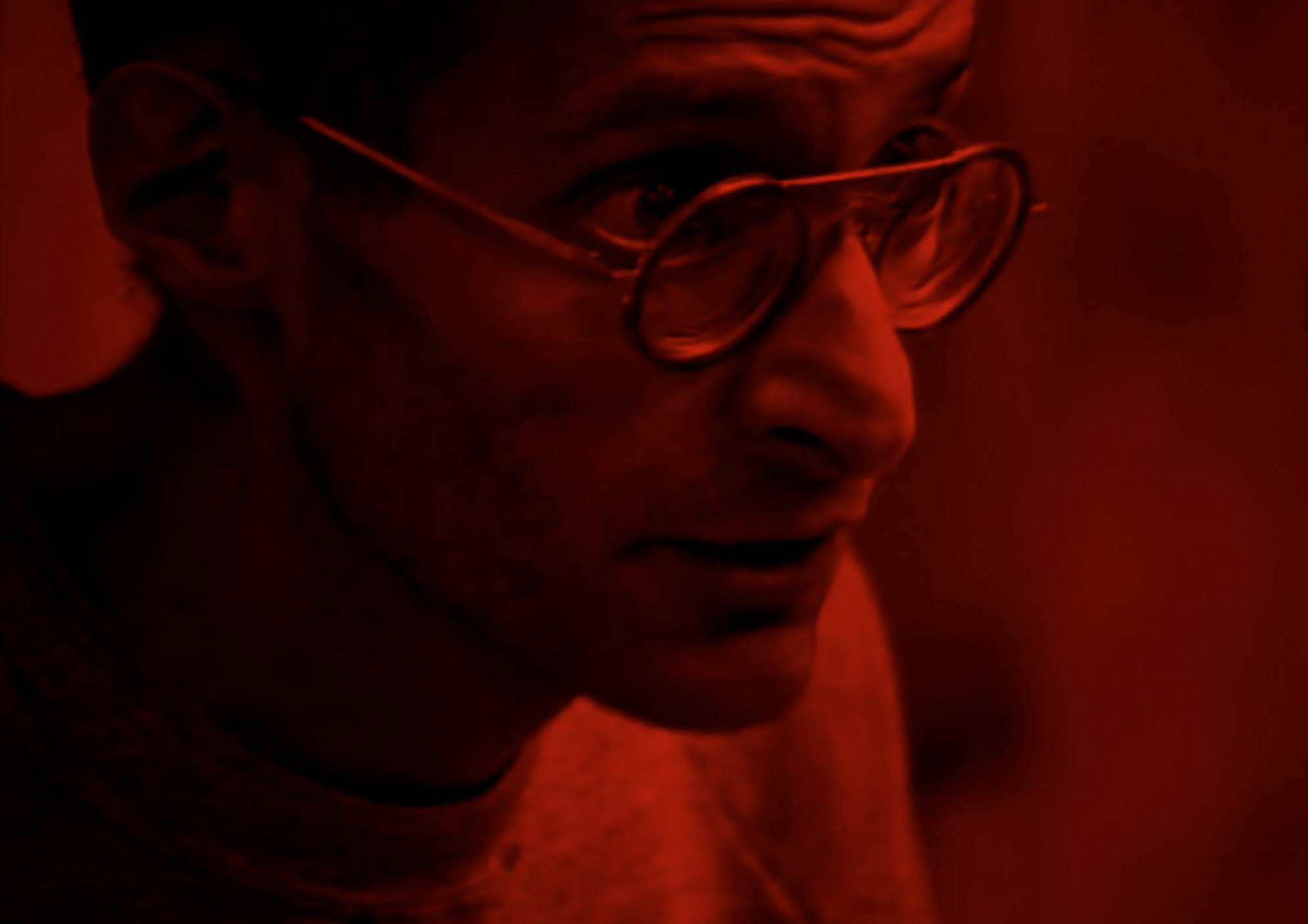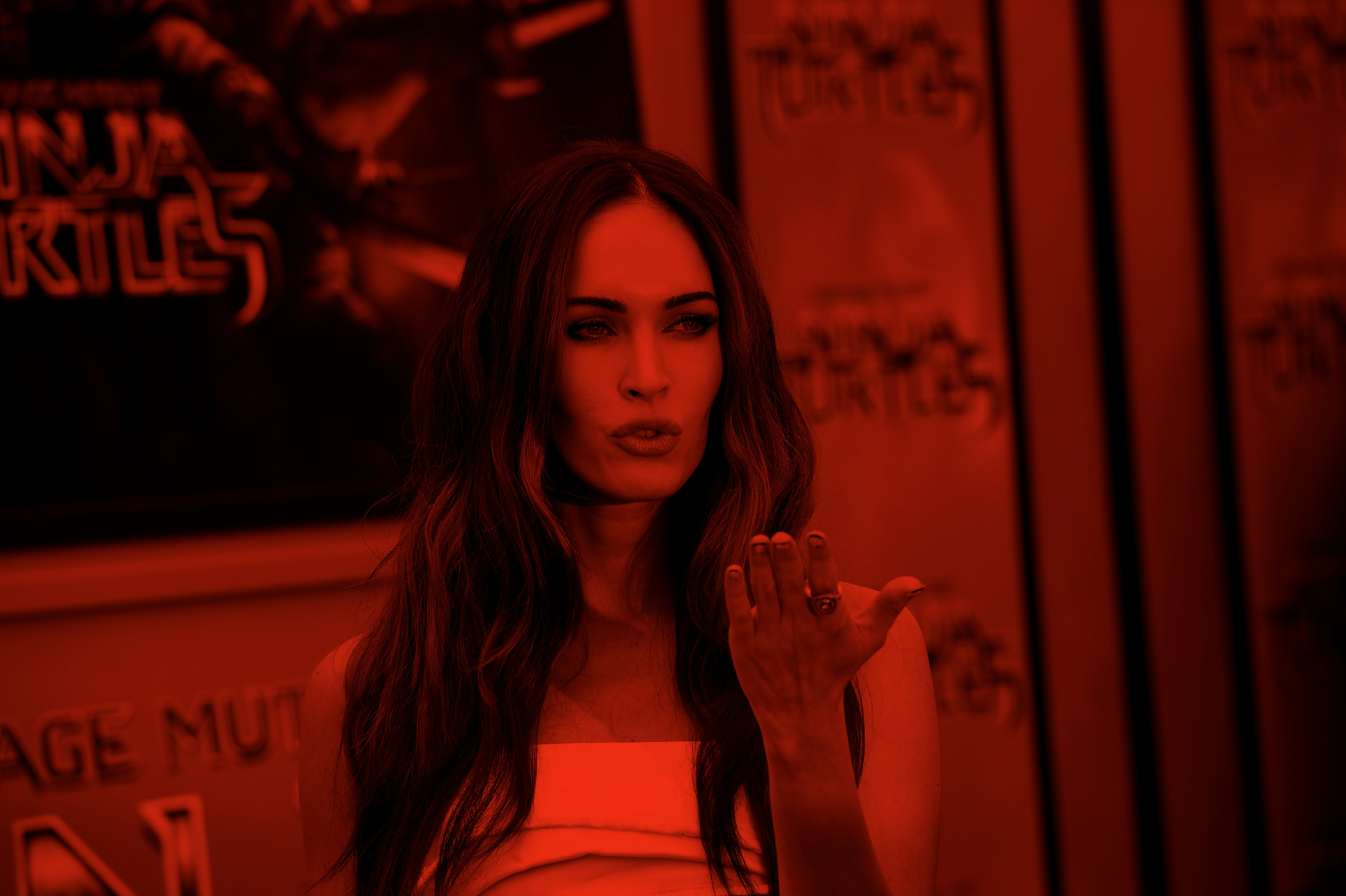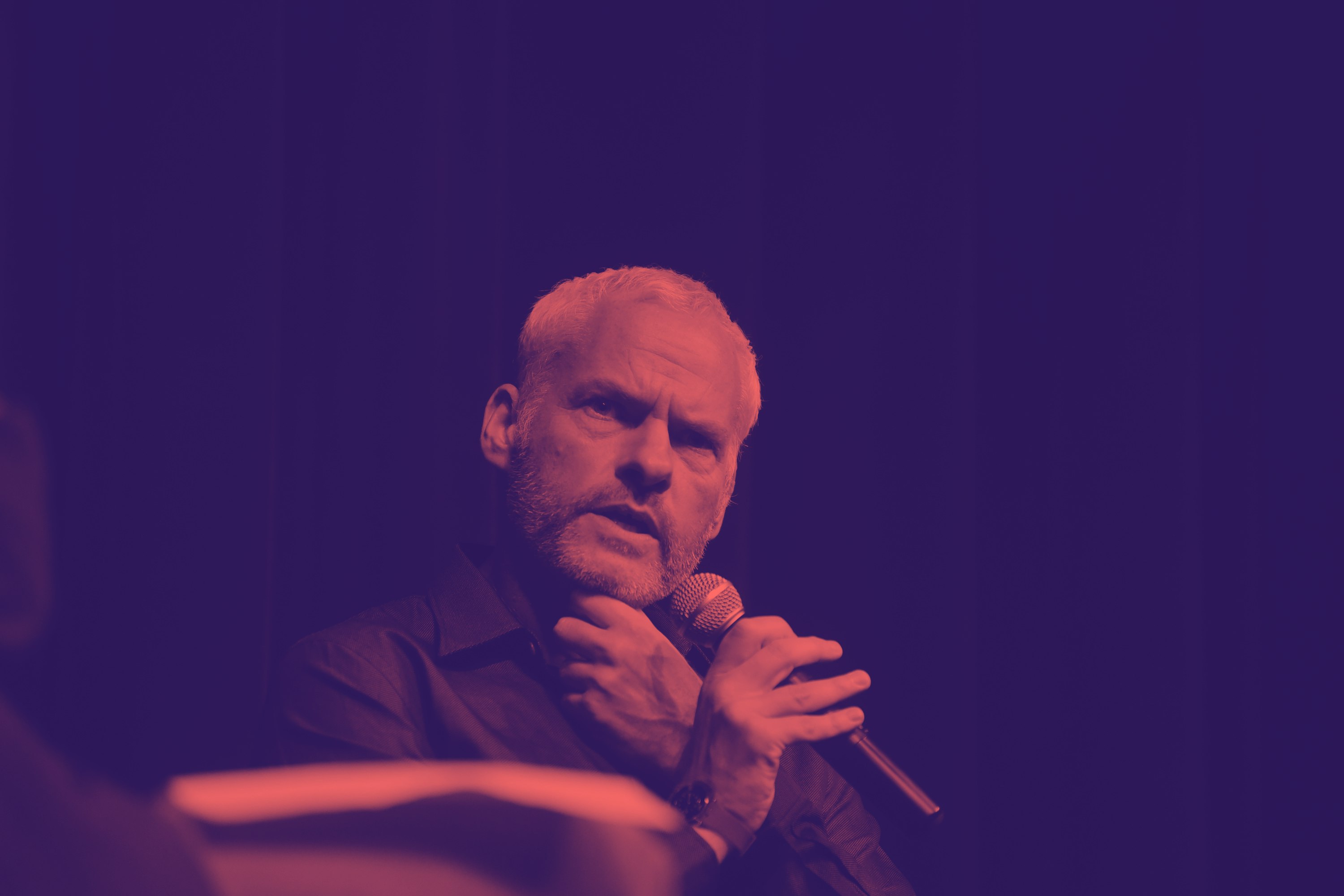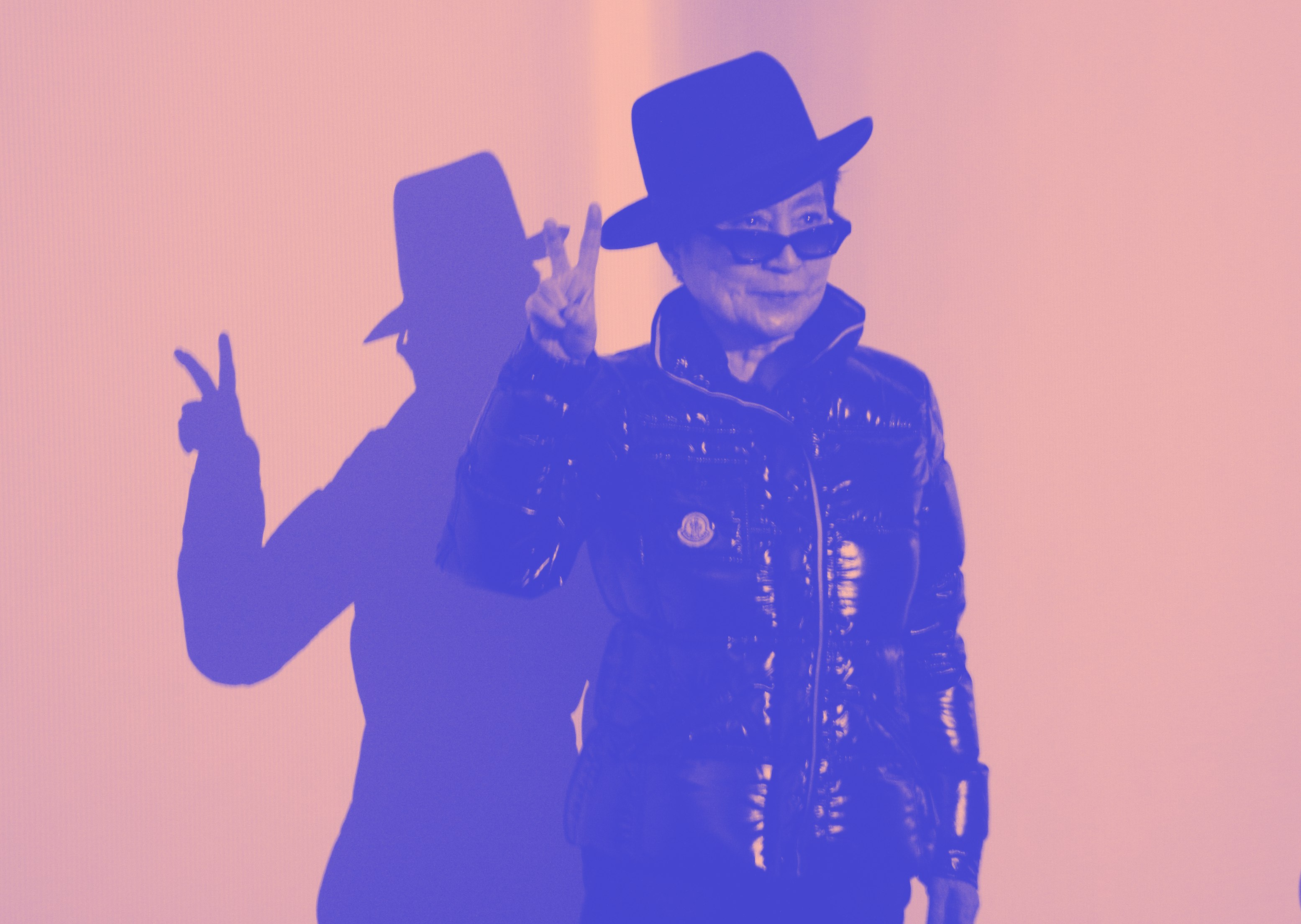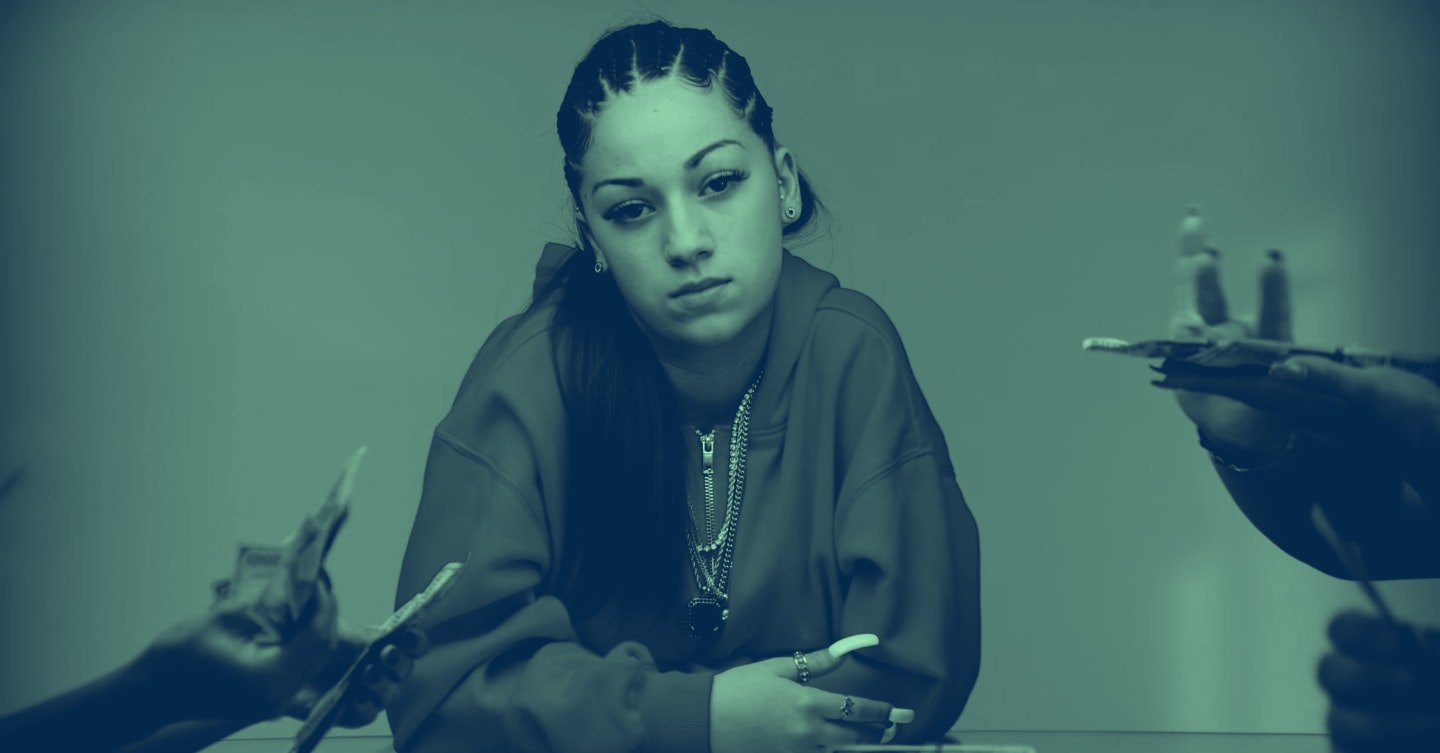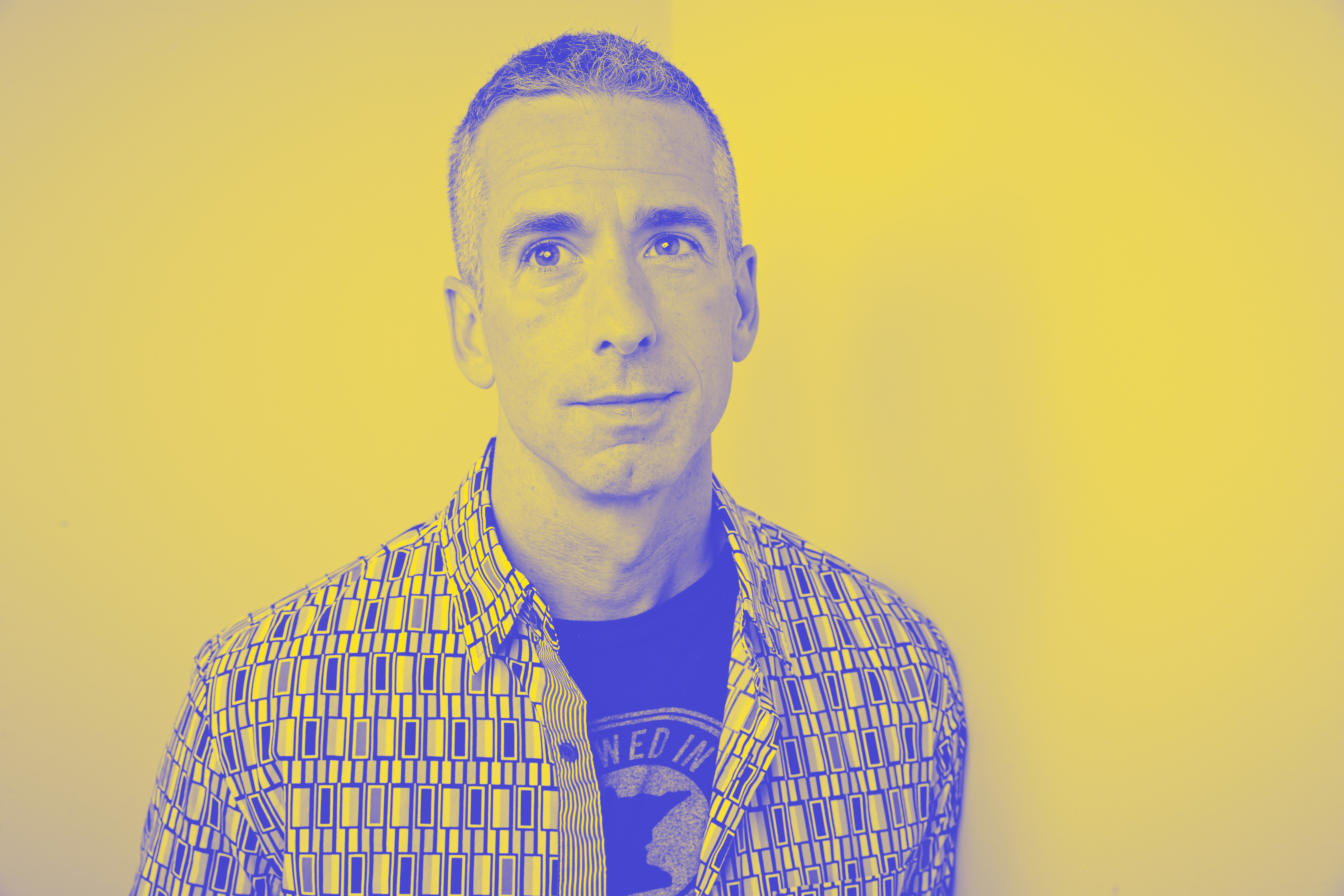Very Intriguing Person
is a series about people who fascinate us, for better or worse.
I saw Nadine Gordimer speak once, in 2011. She had recently published a near-comprehensive collection of her essays and other “assorted writings,” dating from 1950 to 2008. She did a lot of assorted writing, Nadine Gordimer, and the size and scope of the book reflected that: Here were her thoughts on censorship, and on Edmund White, and Johannesburg, and J.M. Coetzee, and censorship again, and just about everything, really. Not to go on about it, but the book is enormous. It is a tome. The point is, if you were 88 years old, as Nadine Gordimer was when I saw her speak once in 2011, and you had just published a book the size of a robust child’s torso, you would probably look at it and go There it is – my life’s work. Well-deserved congrats to me. Resting time, now.
The second point is, this is not even the half of it. Not even an eighth. The writing collected in the book that we had all gathered to hear her talk about represented the tiniest fraction of her output, which included 14 novels and 19 short story collections, nearly all of which were remarkably consistent in theme. She wrote about South Africa, about what a bizarre, impossible, deranging place it was and is, showing again and again how apartheid policy warped every single aspect of every single South African’s life, even or especially those who were benefiting from it. She wrote furiously, in both senses of the word.
Six of her novels were scrutinised by the apartheid censorship board, and three of them were banned, on the grounds that they were prejudicial to the safety of the state. One of the novels that wasn’t banned won the Booker Prize. Taken together, all of them won the Nobel, in 1991.
It took me a long time to realise how much I loved her writing. This is because I studied English Literature at the University of Cape Town, and at UCT you don’t read Gordimer — you approach her. You listen to lecturers compare her to J.M. Coetzee and find her somehow wanting — yielding less gratifying results when read through a Lacanian lens, etc. — and you listen to other lecturers get themselves exceptionally riled up over her wholesale dismissal of white liberal feminism, to the extent that they start sweating and have to take their jerseys off even though it is a cold day, and you write long papers on her early novels without actually having read them. You read how she was insufficiently political, or a humanist masquerading as a radical, or too political, or too strident, or not strident enough. Studied this way, she is not so much a person as a convenient lens through which to interrogate the role white writers played in the Struggle, and apparently you don’t actually need to read much of anything she wrote to develop a firm opinion on that. I didn’t, anyway, not for ages, until someone stood over me until I’d finished Six Feet of the Country (it’s short), and I saw what the big deal was.
The third point is, you would think these remarkable achievements would have tired her out. No. She was full steam ahead at that talk, and it was something to witness. She appeared to have read everything, and to know everyone, and to be able to effortlessly make connections between historical events that the rest of us thought were incomparably unique. She sat up incredibly straight in her chair, and I saw several people in the audience adjusting their postures as they looked at her. In a piece called “Nadine Gordimer at 75,” the writer Lewis Nkosi described what it was to be looked at by her: “the eyes are unvaryingly alert, watchful, almost discourteous in their intentness, and finally unbelieving.” I was stuck right at the back of the hall, but I could still see exactly what he was talking about. At one point, the conversation turned to Creative Writing MFAs, and she somehow sat up even straighter. She actually seemed to hover, levitating above the rest of us in her groovy sleeveless brocade jacket and suitable shoes, and saying, “As far as I’m concerned, it’s pointless. It’s a waste of time. You can’t teach someone how to write. You can either write, or you can’t. You’re either good at it or you’re not, and it’s foolish to think that you can pay someone to alter the facts.”
I clearly remember her saying “foolish.” She stopped short of actually saying “and that’s that,” but I could tell she was thinking it. Never mind that the other person on the panel was the head of the creative writing school at the UCT, aka someone whose career was based on the notion that you can teach people how to write. Never mind that she definitely knew this about him, and that even though I was sitting very far away I could see him sort of crumple up a bit in shame.
This was all a long time ago, and while my powers of recollection are generally bad, I remember all of this vividly, because it is unusual to be in the presence of a scarily charismatic person. There aren’t too many of those floating around at any given time, and hardly any of them write for a living. Watching her talk was the first time I realized that being a writer was possibly an interesting and/or glamorous thing to do, as opposed to a path chosen by people who always have yogurt spilled on their North Face fleeces and who smell like off-brand cigarettes. She was so smart, and so elegant. I wish I still had the notebook that I took to the talk. I remember I wrote pages and pages, trying to get down everything she said. The one page just had “SIMONE VEIL (SP??????)” in huge frantic writing. I don’t think she made the impression she did just because she was very famous, or had won every literary prize going, or had been proven to be right on numerous occasions. These things helped, but there was something else going on.
I did not know her personally, obviously, and would not have put a single question to her if you paid me one million bucks, so all of this is speculative, but I feel like the true source of her power was that she genuinely, sincerely did not care at all what other people thought about her. This isn’t the same as saying that she didn’t care what other people thought. She very obviously did; it’s where her moral authority came from. But did it matter to her what other people thought of what she was doing or writing or saying? Did she care if people thought she was wrong? She operated as if she didn’t.
Writers are generally embarrassing, and love to make a whole cute deal about how insecure they are, how they lie awake at night seething over perceived slights and trying to find ways to give their enemies bad self-esteem.
She was, for instance, one of the few white South African writers to consistently and implacably oppose any form of state censorship from the very beginning, when the first Publications and Entertainment Act was implemented in 1963. This seems like the self-evidently correct position to take, now, but a distressing number of people did not think so at the time. Many other members of the white liberal literary establishment here made compromises that seem lamer and more squalid every time you look at them. Their protests against the 1963 Act had less to do with protecting threats to freedom of expression and much, much more to do with guarding the freedom of the writer as a special, frail, protected group. It’s not that they objected to censorship per se; more that they wanted sophisticated men and women in charge of the book-banning, and that they especially wanted to make sure that their own work was protected on literary grounds. Their doubts were not about the morality of censorship itself, but rather whether those tasked with carrying it out were up to the job. The notion that some kind of censorship was necessary was pervasive.
Gordimer was one of the only white writers to argue against this, in the face of considerable pressure. She was full of stuff like this. She was not perfect, obviously, and she did not always get it right, but she very often did. She was relentless in her examination of her own position in one of the most fucked-up societies to ever exist, and she did not ever give the impression of letting that process be influenced by what other people thought of her. This is rare, I think, and brave.
Writers are generally embarrassing, and love to make a whole cute deal about how insecure they are, how they lie awake at night seething over perceived slights and trying to find ways to give their enemies bad self-esteem. It’s easy to imagine J.M. Coetzee doing this. Gordimer, no. Where would she have found the time?
